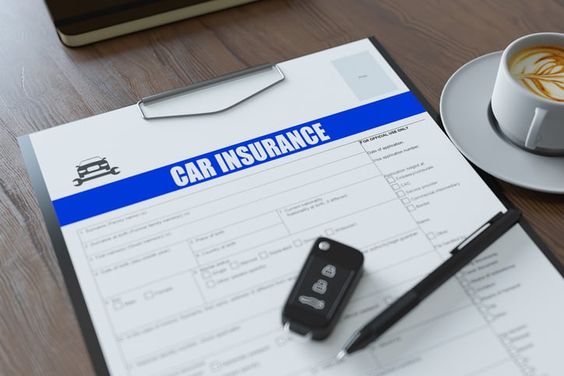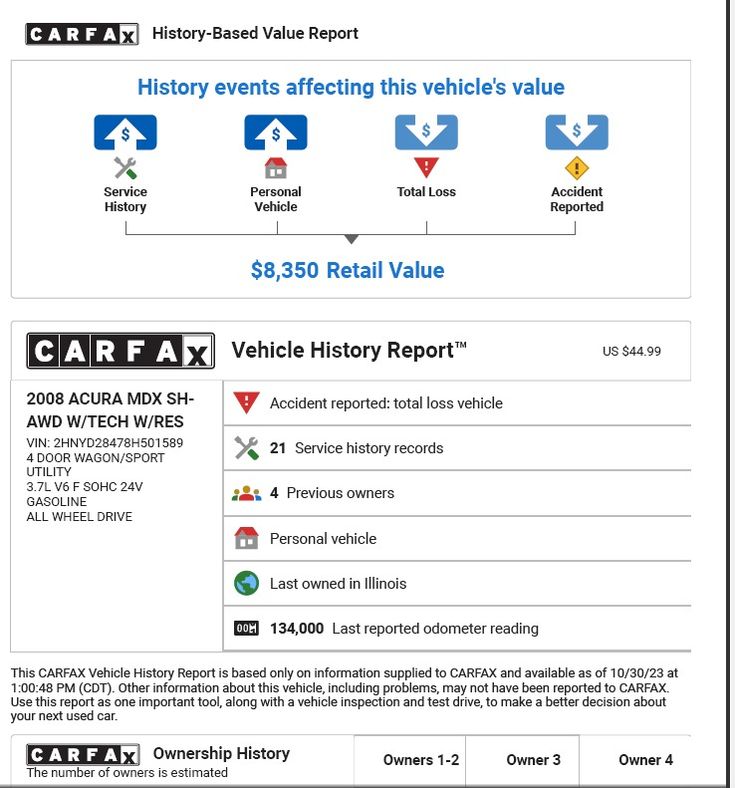Introduction:
Selling your car privately can be a rewarding experience, allowing you to potentially get a higher price than trading it in at a dealership. However, it also comes with its own set of challenges, including finding buyers, negotiating prices, and handling paperwork. This guide will walk you through the process of selling your car privately, from preparation to finalizing the sale.

Whether you're looking to upgrade to a newer model or simply need the extra cash, selling your car privately can be a smart move. By understanding the steps involved and taking the necessary precautions, you can maximize your chances of a successful and hassle-free sale.
Preparing Your Car for Sale
Before you start advertising your car, it's crucial to prepare it for potential buyers. This includes:
- Cleaning and Detailing: A clean car makes a good first impression. Wash, wax, and vacuum your car thoroughly, both inside and out. Consider professional detailing for a more polished look.
- Mechanical Inspection: Have your car inspected by a mechanic to identify any potential issues that could deter buyers. Addressing any problems beforehand will increase your car's value and avoid future complications.
- Gather Documentation: Collect all relevant paperwork, including the title, registration, maintenance records, and any warranties. Having these documents readily available will streamline the sales process.
- Take High-Quality Photos: Capture clear and well-lit photos of your car from different angles, highlighting its features and condition. Include photos of the interior, engine bay, and any damage or imperfections.
Setting the Right Price
Determining the right price for your car is crucial for attracting buyers and maximizing your profit. Here are some factors to consider:
- Research Comparable Cars: Use online resources like Kelley Blue Book, Edmunds, and AutoTrader to research the market value of similar cars based on year, make, model, mileage, and condition.
- Consider Local Market Conditions: The price of your car may vary depending on your location and the demand for similar vehicles in your area.
- Factor in Repairs and Upgrades: If you've recently made any repairs or upgrades, factor those costs into your pricing.
- Be Realistic: It's tempting to set a high price, but be realistic about your car's condition and the current market.
Advertising Your Car
Once your car is ready, it's time to advertise it to potential buyers. Here are some effective ways to reach a wider audience:
- Online Marketplaces: Websites like Craigslist, Facebook Marketplace, and AutoTrader are popular platforms for selling used cars.
- Social Media: Share photos and details about your car on your social media platforms, reaching your network of friends and followers.
- Local Classifieds: Consider advertising in local newspapers or community boards.
- Car Forums: If you're selling a specific make or model, consider posting on relevant car forums.
Handling Inquiries and Showings
Once you start receiving inquiries, be prepared to answer questions about your car and schedule showings.
- Respond Promptly: Respond to inquiries promptly and professionally.
- Be Transparent: Be honest and upfront about your car's condition, including any known issues.
- Schedule Showings: Be flexible with scheduling showings to accommodate potential buyers.
- Be Prepared for Test Drives: Allow potential buyers to test drive your car, but ensure they have a valid driver's license and insurance.
Negotiating and Closing the Deal
Once you've found a buyer who's interested in purchasing your car, it's time to negotiate the final price and finalize the sale.
- Be Prepared to Negotiate: Be open to negotiation, but be firm on your bottom line.
- Review the Offer: Carefully review the buyer's offer and make sure you're comfortable with the terms.
- Prepare the Bill of Sale: Use a standard bill of sale form to document the sale and transfer ownership.
- Obtain Payment: Accept payment in a safe and secure manner, such as a cashier's check or bank transfer.
- Release the Title: Once payment is received, release the title to the buyer.
Conclusion
Selling your car privately can be a rewarding experience, but it requires careful planning and execution. By following the steps outlined in this guide, you can increase your chances of a successful and hassle-free sale. Remember to be patient, professional, and prepared to negotiate to get the best possible price for your car.





